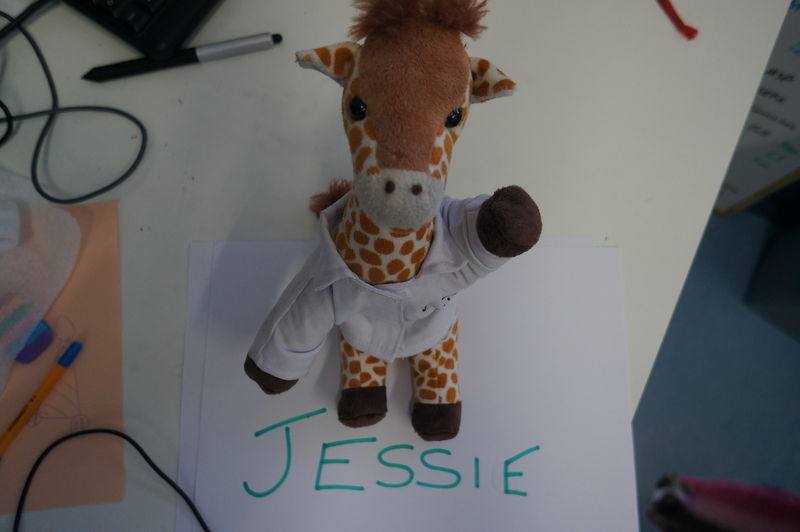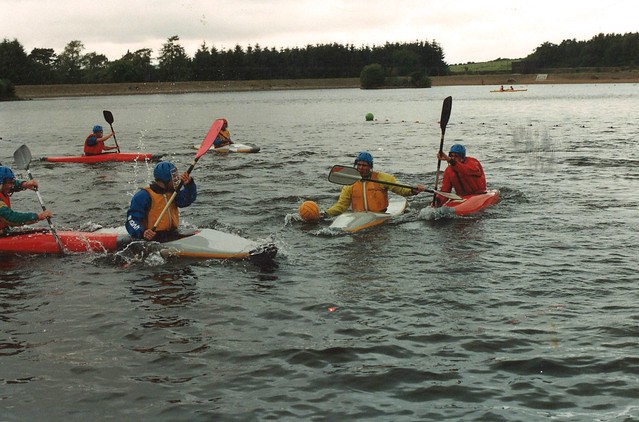Team:Dundee/HumanPractice/Collaboration
From 2013.igem.org
Kyleharrison (Talk | contribs) |
Kyleharrison (Talk | contribs) |
||
| Line 18: | Line 18: | ||
This help largely consisted of the provision of bacterial strains which the respective teams required in order to realise their project. To ensure a safe transport of any samples, we had our lab mascot Jessie (Giraffe) bless the containers before they were sent off!<br> | This help largely consisted of the provision of bacterial strains which the respective teams required in order to realise their project. To ensure a safe transport of any samples, we had our lab mascot Jessie (Giraffe) bless the containers before they were sent off!<br> | ||
| - | </p><br> | + | </p><br></div> |
<div class="span6"> | <div class="span6"> | ||
Revision as of 12:59, 28 September 2013
Collaborations
A focus of our work over the summer was to utilise our strengths to aid members of the iGEM community. We achieved this by providing help to as many iGEM teams as possible.
This help largely consisted of the provision of bacterial strains which the respective teams required in order to realise their project. To ensure a safe transport of any samples, we had our lab mascot Jessie (Giraffe) bless the containers before they were sent off!

One particular location in Dundee where Blue-Green Algae has had a dramatic effect is Clatto Country Park. In the past the park has had up to 95,000 visitors per year with recreational activities such as watersports, children’s play areas and picnic sites being the main attractions focussed around the parks freshwater reservoir and surrounding woods.
Moving forward in time, with the Blue-Green Algae problems faced by the park each year, recreational swimming is no longer permitted in the reservoir. This has shutdown the watersports programme at Clatto and the signage to warn people of the danger faced by the water has had such a dramatic effect to reduce the number of visitors per year to less than 30,000. This reduction in visitors has led to the closure of staffing facilities. The aim of ToxiMop project is to restore open waters like Clatto back to their former glory.
We have been working with George Potts, Senior Countryside Ranger, who has been involved at Clatto for 40 years. We want to raise awareness that the testing procedures at Clatto are insufficient to demand the closure recreational activities on the reservoir. This is strongly linked to the development of our MopTopus electronic sensing device, which can be used as a more appropriate measure of the toxin levels in the water.
Currently sampling is carried out once a month, and when a dangerous level of toxin is detected three clean tests are required to give the all clear to the reservoir. Therefore during the summer after microcystin is detected the reservoir is closed for 3 months minimum. MopTopus will allow daily samples and updates to be taken.
Dundee City Councils guidelines enforced for the dangerous levels of toxins for recreational sports are as advised by the WHO for safe drinking water, whereas in other locations around the world different practices are used. We want to work with Ancrum Outdoor Activity Centre, Dundee City Council and SEPA to raise awareness on the safety of the water and how using synthetic biology our MopTopus device has the potential to return locations like Clatto back to popular venues for future generations.



 "
"
